 |
 |
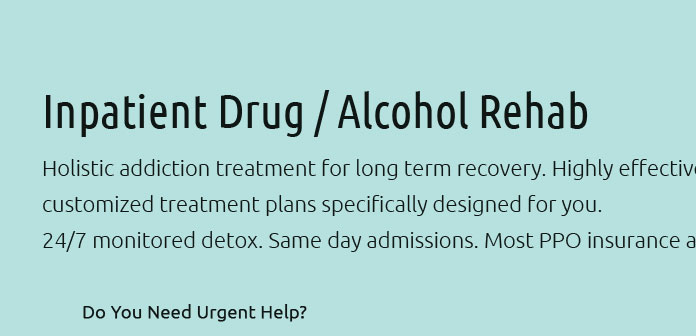 |
 |
 |
 |
||
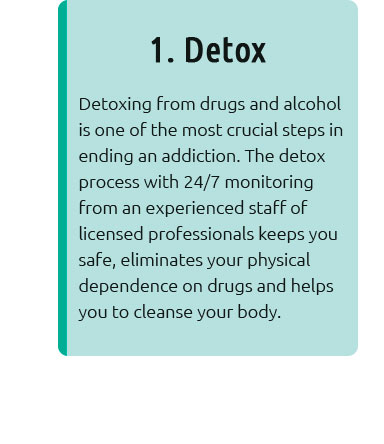 |
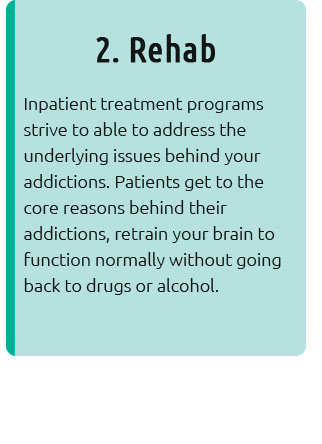 |
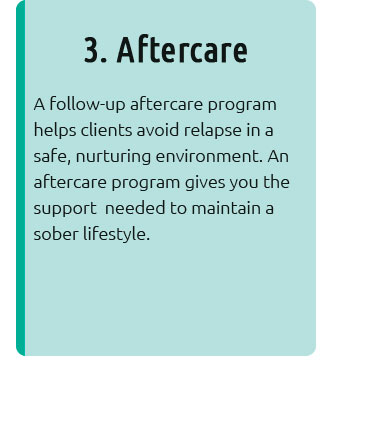 |
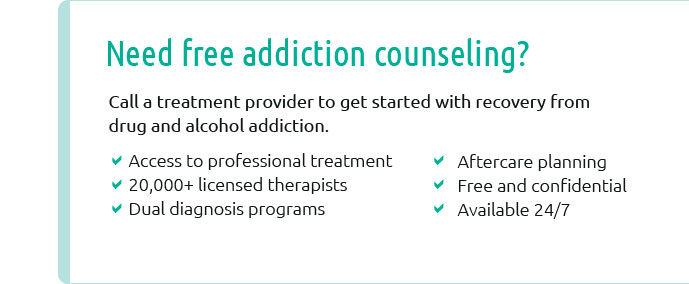 |
 |
 |
 |
||
 |
||
 |
||
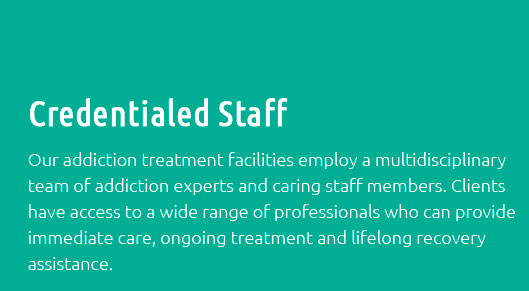 |
 |
 |
|
 |
|
Exploring the Importance of Local Drug Rehabilitation CentersIn the intricate tapestry of modern society, the role of local drug rehabilitation centers cannot be overstated. These facilities are not merely places of healing; they are sanctuaries of hope, offering a beacon of light for those ensnared in the throes of addiction. As we delve into the significance of these centers, it is imperative to consider their multifaceted contributions to both individuals and communities. At the heart of their mission, local rehabilitation centers strive to provide a comprehensive approach to recovery. This often includes a combination of medical treatment, psychological support, and social reintegration programs. By addressing the multifarious dimensions of addiction, these centers offer a tailored path to sobriety that acknowledges the unique challenges faced by each individual. One of the most compelling aspects of local rehabilitation centers is their ability to foster a sense of community. Within their walls, individuals often find a network of support that extends beyond professional staff. Peer support groups and community activities create an environment where patients can share experiences, offer encouragement, and build meaningful relationships. This camaraderie is a powerful antidote to the isolation often associated with addiction.
Moreover, the impact of these centers extends beyond the individual, benefiting the broader community. By reducing rates of addiction, they alleviate the strain on healthcare systems and law enforcement, ultimately contributing to a more stable and prosperous society. Local businesses, too, reap the benefits, as a healthier population translates into a more robust workforce. In conclusion, local drug rehabilitation centers are a cornerstone of public health efforts, embodying a holistic approach to addiction recovery. Through personalized care, community engagement, and unwavering support, they offer a lifeline to those seeking to reclaim their lives. As we continue to grapple with the pervasive challenges of substance abuse, the value of these centers remains clear, underscoring the necessity of their continued support and expansion. https://www.hazeldenbettyford.org/locations/chicago
Outpatient alcohol and drug rehab at Hazelden Betty Ford's Chicago treatment center offers people-first addiction recovery and mental health services. https://www.addictions.com/rehabs/illinois/chicago/
Find the best addiction treatment centers in Chicago, IL. Filter by inpatient, outpatient, insurance, and payment options to find the ... https://www.gatewayfoundation.org/locations/chicago-independence/
Our rehabilitation center in Chicago Independence helps patients with substance use disorders. Contact Gateway to start your journey for a drug-free life.
|